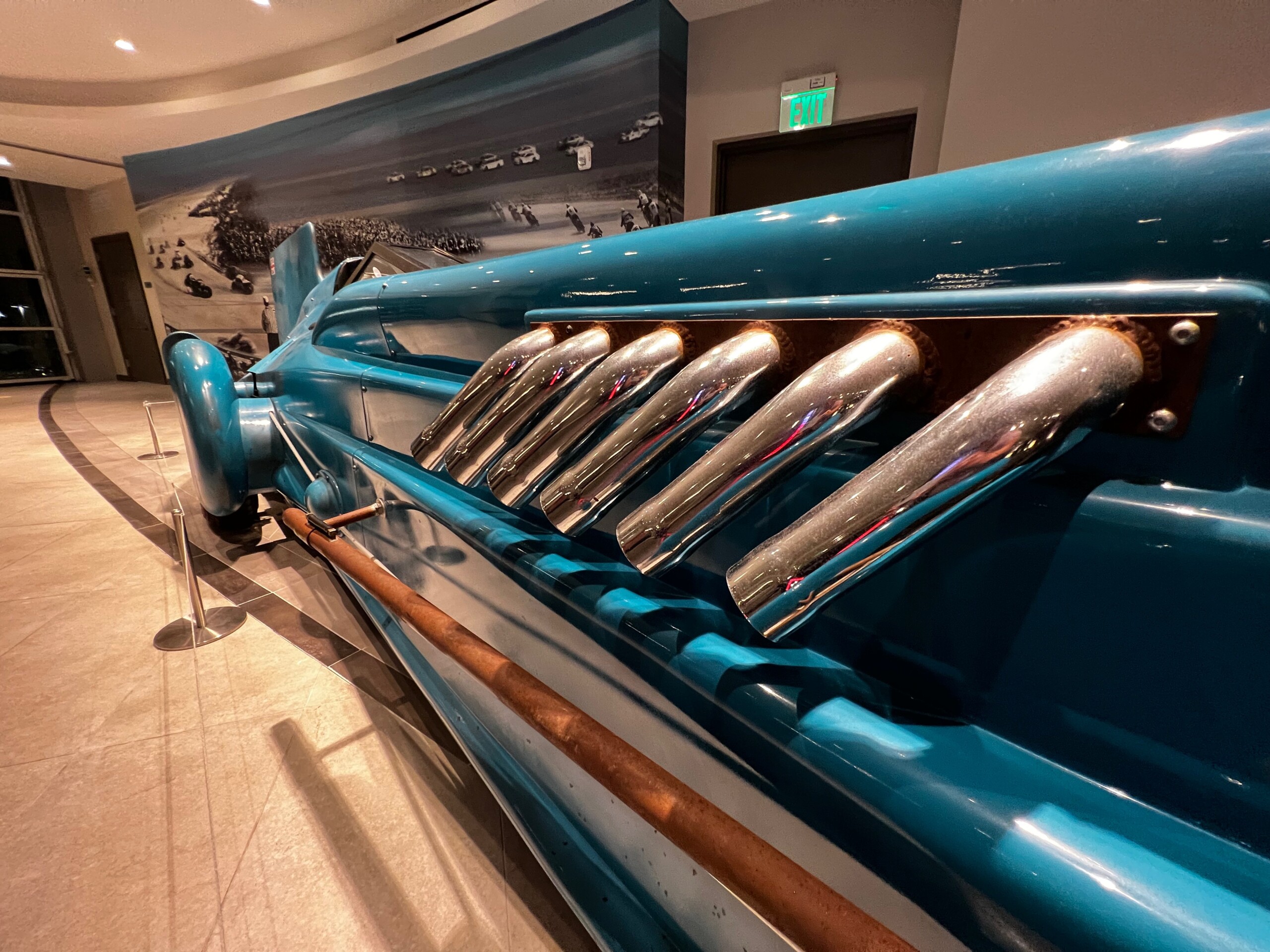Creating A Resilient Company Culture From Day 1
How do you think about your company culture? What does that phrase bring to mind? For those of us that spent time in corporate America during the rise of terms like “Work-Life Balance,” the phrase can have a buzzword feel. If that’s true for you, I would encourage you to radically shift your thinking. A strong corporate culture is a true differentiator and a competitive advantage – not just in the marketplace, but in your appeal to investors. A strong culture leads to fulfilled employees staying at companies 3x longer than those who find their work unfulfilling. When you think about the fact that 1 in 3 employees doesn’t feel fulfilled at work, that’s a real miss for companies trying to attract and retain top talent. I think of corporate culture as a health marker and a primary indicator of the alignment of values of a founder and their leadership team. How you treat your own people impacts how you treat vendors, partners, and, of course, customers. Let’s talk about actionable ways you can build a resilient company culture from day one so you can deliver on your promise to those you’re in business with and for.
How To Set The Stage For Success By Defining Your Company Culture Early.
1. Clearly define your values.
Your mission statement and values aren’t a copywriting exercise for your website, they’re a clear and purposeful definition of the values your company upholds. I’ve talked before about the importance of seeing your company as providing value to the world. When you create a company, something inside you is driving you to bring a product or service to the world that is needed. Knowing your “why” is the first step to embedding the right core values, mission, and vision into your company ethos.
When I launched MacDonald Ventures, I knew I wasn’t just interested in providing capital to early-stage tech startups, I wanted to provide mentorship and guidance that would be impactful, fuel high growth, and help them thrive. One of our values is “knowledge is power, but not without action.” I clearly know what that means to me, and I can articulate that easily to the talented people I hired. We believe that there are a lot of great ideas out there that never make it to market – we’re interested in doing the hard and challenging work that leads to success, and helping the founders we invest in do the same.
So, what do your values mean to you? If you can’t answer that, you’ve got some work to do. Start by creating short, actionable statements, like “do the right thing,” versus using vague buzzwords like “integrity” or “respect.” Then, don’t just talk about it in your interviews and new hire orientation – come back to your values consistently and in everything you do.
2. Incorporate your values into the hiring process.
If you’re looking to embed your values into your corporate culture from day one, start on day one. At MacDonald Ventures, we created a battery of questions that are connected to each of our corporate values, and, in interviews, we make sure to hit on all of them. This does double duty, helping us assess whether a candidate is technically qualified as well as a fit for the culture we are trying to build. We believe in this so strongly that we’ll choose core value fit over a technical ability fit every time.
3. Be open to evolution.
As a startup, you quickly learn that you are going to have to adapt and evolve to be attractive to customers, partners, investors, and the top talent you want to attract and retain. You also need to be able to remain resilient in the fact of good times and bad, success and challenge. The same applies to your corporate culture.
While your values should always stay the same, as you grow and scale, the execution of how you interact with those values will change. As a leader, your job is to define the what and the why (be accountable) not the how (1-1 meetings weekly). Startups often launch with a small team, so you can get used to a high-touch way of interacting with your staff, vendors, partners, and customers. When you’re up to 150 employees, you can’t possibly deliver on your values in exactly the same way. Don’t be married to the process. As long as you’re still committed to and focused on your values, how you get there can change and grow along with your business.
You Are Who You Are.
With over $400M in exits of companies I’ve founded behind me, I have held a lot of different roles in a lot of types of companies, and I’ve experienced a lot of corporate cultures – some good, some bad, and some really ugly. One thing I’ve learned is that people’s values tend to be consistent whether they’re at work or in their personal lives. As a founder, you need to be honest with yourself about what your values really are and live them every day when you’re on the clock or off (like that ever happens). Be clear. Get aligned. Be consistent. Commit long term. Be a good human.
And don’t forget to enjoy the ride.


